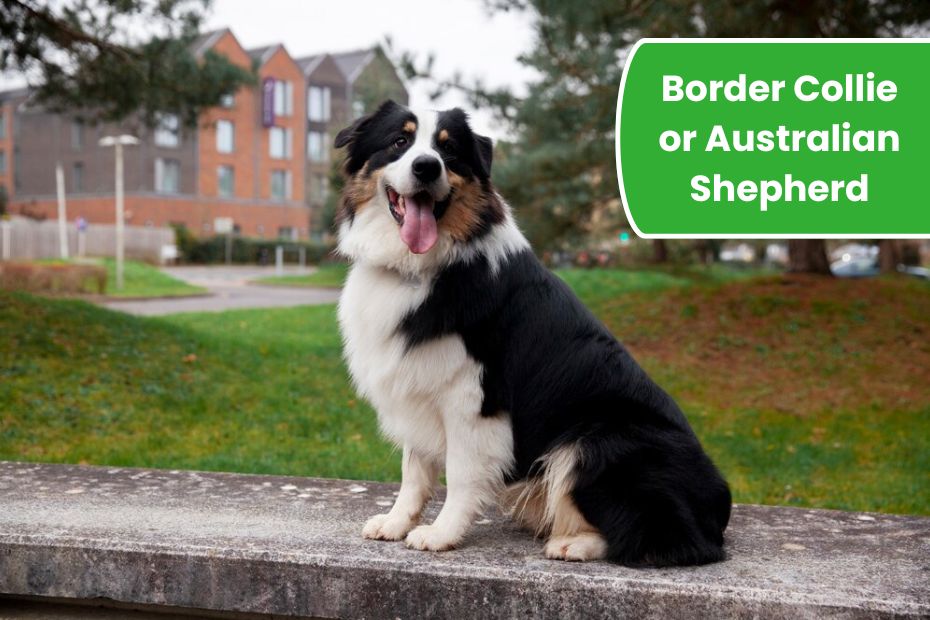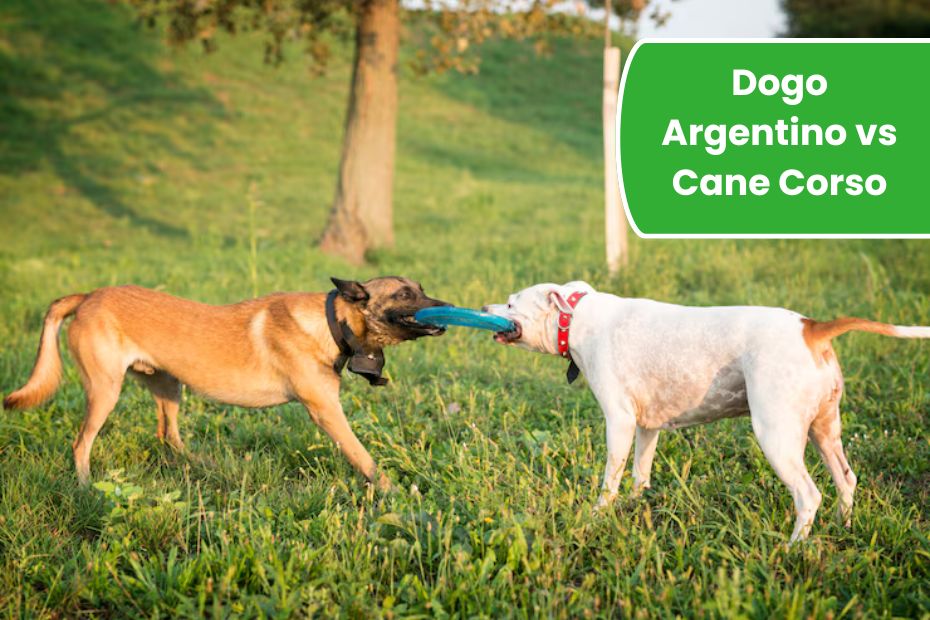Raising a Pitbull puppy requires patience, knowledge, and love. Pitbulls are loyal, intelligent, and energetic dogs. This guide helps you understand the essential care steps to ensure your Pitbull puppy grows into a well-mannered, healthy companion. From feeding to training, all areas are covered for your convenience.
Understanding the Pitbull Breed
Pitbulls are strong, energetic dogs known for their loyalty and affection. Early socialization and proper training help them grow into balanced adults. They require an owner who is patient, firm, and consistent. Understanding their breed traits is crucial to fulfilling their mental and physical needs successfully.
Choosing the Right Pitbull Puppy
Select your Pitbull puppy from a responsible breeder who follows ethical practices. Check for health certificates and meet the puppy’s parents. Ensure the puppy is well-socialized and confident. Avoid puppies from puppy mills or irresponsible sellers. A healthy start makes a significant difference in future development.
Setting Up a Safe Environment
Your home should be puppy-proofed to prevent accidents. Remove hazardous objects, secure trash bins, and block off unsafe areas. Provide a cozy sleeping space, chew toys, and safe play zones. A secure environment helps your Pitbull puppy feel safe and reduces behavioral problems later.
Balanced Nutrition for Pitbull Puppies
Feed your Pitbull a high-quality, age-appropriate diet rich in proteins and healthy fats. Puppies need more calories and essential nutrients for growth. Avoid fillers, artificial ingredients, and harmful foods. Always provide fresh water. Consult your vet to create the best feeding plan for your puppy.
Socialization and Early Training
Early socialization is vital for Pitbulls. Expose them to various people, pets, and environments gradually. Positive reinforcement methods, like treats and praise, work best during training. Enroll in puppy obedience classes to establish essential commands and manners that will benefit both you and your dog.
Exercise and Mental Stimulation
Pitbulls are energetic dogs needing daily exercise to stay healthy and happy. Engage them in walks, playtime, and puzzle toys. Mental stimulation prevents boredom, which can lead to destructive behavior. Regular activity also helps develop strong bonds between you and your Pitbull puppy.
Routine Health Care and Vet Visits
Regular vet visits ensure your puppy remains healthy. Vaccinations, deworming, and flea control are essential. Monitor for signs of illness like lethargy or appetite changes. Regular grooming, including nail trims and ear cleaning, keeps your Pitbull comfortable and prevents health issues from developing.
Handling Behavioral Challenges
Pitbull puppies may exhibit behaviors like chewing, nipping, or jumping. Address these promptly using positive redirection. Avoid harsh punishments as they harm your puppy’s trust. Consistency and patience are key to overcoming these challenges while building a strong, respectful bond with your dog.
Building a Strong Bond with Your Puppy
Spend quality time playing, training, and cuddling your Pitbull puppy. Use calm, positive interactions to build trust and respect. Encourage good behavior with treats and praise. A strong emotional bond fosters a happy, confident Pitbull, making them a loving family member for life.
Pitbull Puppy Care Checklist
| Care Area | Key Actions |
|---|---|
| Nutrition | High-quality puppy food, avoid fillers |
| Socialization | Expose to people, pets, environments |
| Training | Use positive reinforcement, teach basic commands |
| Exercise | Daily walks, playtime, mental stimulation |
| Health Care | Regular vet visits, vaccinations, grooming |
FAQ’s
How much exercise does a Pitbull puppy need?
Pitbull puppies need at least 30 to 60 minutes of daily exercise, including walks and play, to burn energy and prevent boredom.
What should I feed my Pitbull puppy?
Feed a high-protein, balanced puppy formula recommended by your vet, avoiding foods with fillers, grains, and artificial preservatives.
How can I socialize my Pitbull puppy properly?
Introduce them to various people, pets, and places early. Use treats, praise, and controlled environments to create positive experiences.


